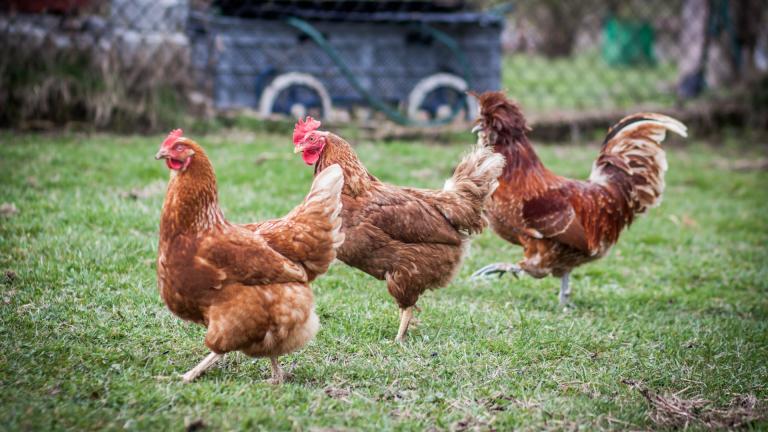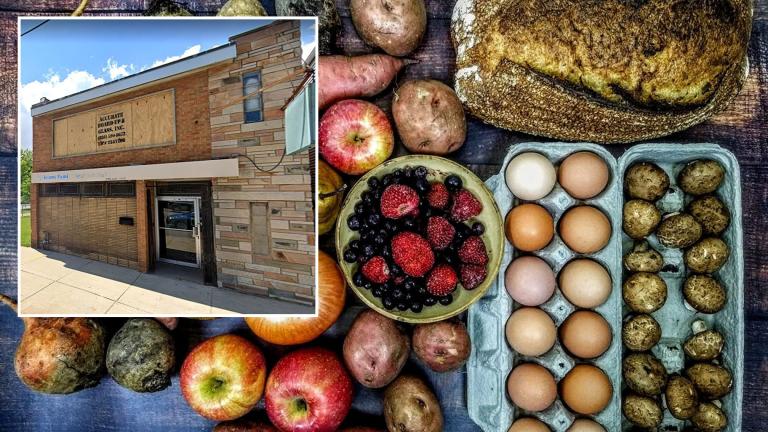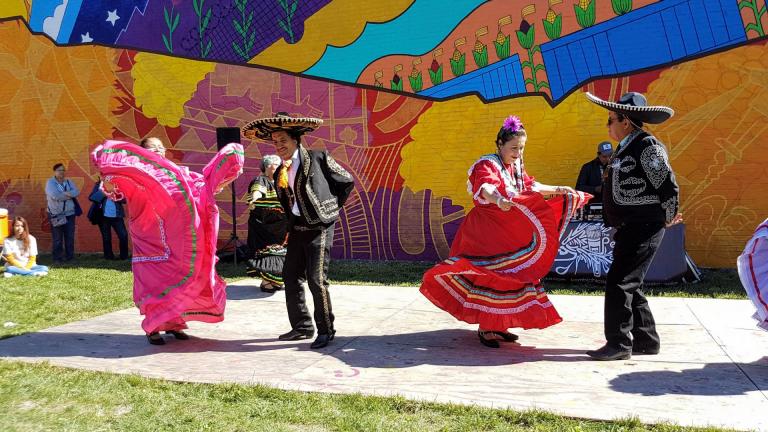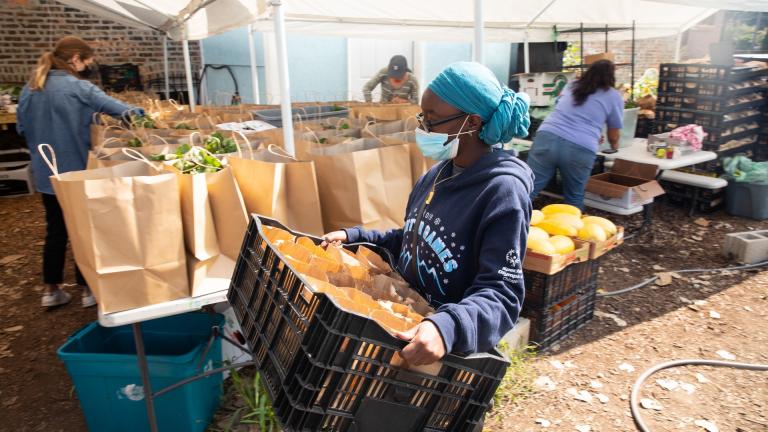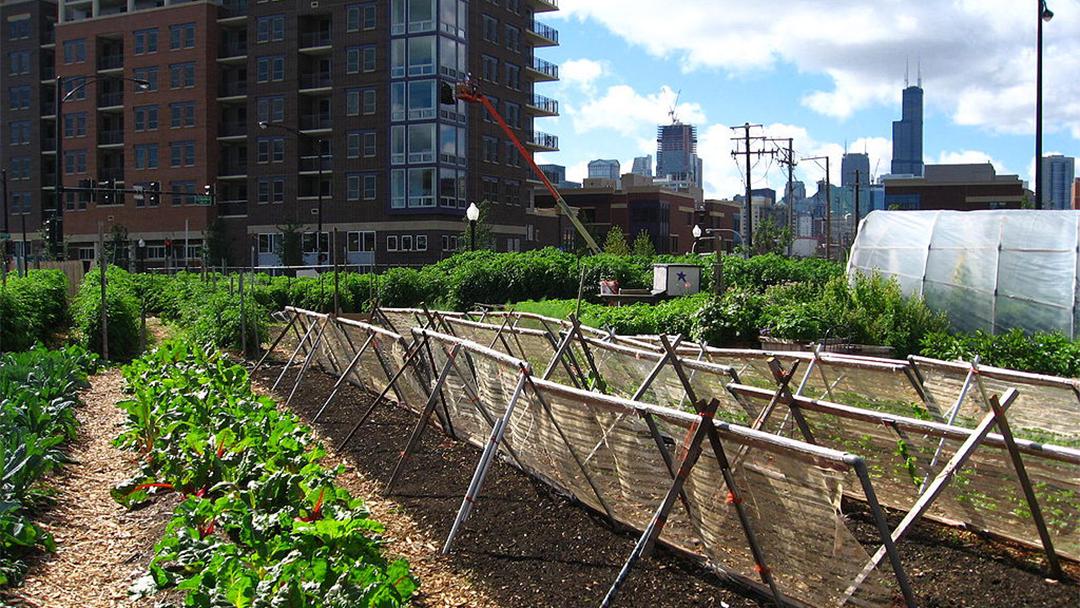 (Linda from Chicago / Creative Commons)
(Linda from Chicago / Creative Commons)
Gov. Bruce Rauner on Monday vetoed a bill to facilitate urban agriculture zones in Chicago and other Illinois cities, delivering a blow to advocates who said the legislation could have helped to break up food deserts and revitalize underserved communities.
The bill would have allowed local governments to provide incentives such as reduced water rates and utility fees and property tax abatements for farmers in urban agriculture zones established at the municipal or county level.
Introduced last year by state Rep. Sonya Harper, D-Chicago, the bill received support from both environmental advocates and groups focused on increasing access to healthy foods in urban areas.
This spring, the legislation passed the Illinois House by a vote of 86-22 and the state Senate by a unanimous 55-0 vote.
But Rauner issued an amendatory veto Monday, proposing to strip the bill of property tax abatements and other incentives that would have benefitted urban farmers.
Using property tax abatements to incentivize growing “would continue a problematic pattern of shifting property taxes to other taxpayers who may or may not directly benefit from the creation of these Urban Agriculture Zones,” Rauner said in his veto message. “Abatements like this simply redistribute property taxes, when homeowners are already struggling under the immense weight of their own tax burdens.”
Rauner’s veto came as a surprise to advocates who supported the bill, said Jen Walling, executive director of the Illinois Environmental Council.
“We didn’t see any real organized opposition in either chamber,” Walling said. “We had worked with the Department of Agriculture and the [Illinois] Farm Bureau and felt like we had a great bill.”
Walling said the bill was modeled off similar programs in rural areas that provide farmers with property tax relief and other incentives. It would have applied to organizations or individuals who grow produce or other agricultural products, raise or process livestock or poultry or sell a minimum of 75 percent locally grown food.
According to the bill, sales tax from agriculture products would be deposited into an urban agriculture zone fund, and monies collected in the fund would be specified for a county, municipality or school district.
Harper said previously that the money could be used in a variety of ways, such as for educational programs focused on nutrition or to support businesses and farms.
Walling said it was still unclear whether Harper and the bill’s other sponsors would seek to override Rauner’s veto. It’s unlikely that legislators would pass the bill as amended by Rauner, without most of the incentives for urban farmers.
“It is not something that is going to provide assistance to the urban agriculture areas,” Walling said of the amended bill.
Contact Alex Ruppenthal: @arupp | [email protected] | (773) 509-5623
Related stories:
Bill to Boost Urban Agriculture in Illinois Heads to Rauner’s Desk
Chicago Lawmaker Proposes Urban Agriculture Zones
Organic Gardens in Chicago Provide Fresh Produce, Opportunities


